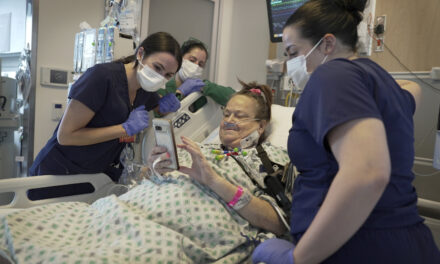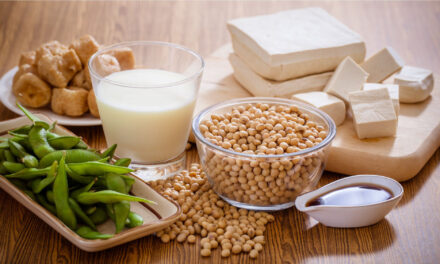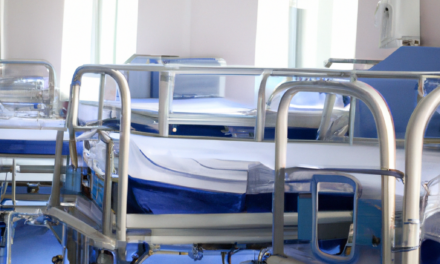New research published in Circulation: Arrhythmia and Electrophysiology, a journal of the American Heart Association, reveals that adults who consume high quantities of sugar- or artificially sweetened drinks may be at a higher risk of developing atrial fibrillation (AFib), a condition characterized by irregular heart rhythm.
The study, conducted by researchers from the Shanghai Ninth People’s Hospital and Shanghai Jiao Tong University School of Medicine in China, analyzed health data from over 200,000 adults enrolled in the UK Biobank between 2006 and 2010. The participants, aged 37 to 73, provided information about their dietary habits through repeated questionnaires over nearly a decade.
Findings from the study showed a significant association between sweetened beverage consumption and AFib risk. Adults who reported drinking more than two liters (about 67 ounces) per week of artificially sweetened beverages had a 20% increased risk of AFib compared to those who abstained from such drinks. Similarly, those who consumed two liters or more of sugar-sweetened beverages per week experienced a 10% higher risk of AFib.
Furthermore, participants who consumed one liter (about 34 ounces) or less of pure, unsweetened juice per week had an 8% lower risk of AFib. This observation suggests a potential protective effect of pure fruit juice against the condition.
Lead study author Dr. Ningjian Wang emphasized the importance of reducing or avoiding sweetened beverages, citing the complex nature of dietary habits and the potential health risks associated with these drinks. Dr. Wang cautioned against assuming that low-sugar or low-calorie artificially sweetened beverages are inherently healthy, as they may still pose risks to health.
The study accounted for factors such as genetic susceptibility to AFib and lifestyle habits, including smoking. Interestingly, smokers who consumed high quantities of sweetened beverages exhibited a particularly elevated risk of AFib.
Dr. Wang highlighted the need for further research to elucidate the mechanisms underlying the association between sweetened beverages and AFib risk. While the precise mechanisms remain unclear, possible explanations include insulin resistance and the body’s response to different sweeteners commonly used in these beverages.
Commenting on the study’s findings, American Heart Association nutrition committee member Dr. Penny M. Kris-Etherton underscored the importance of limiting sweetened beverage consumption and opting for healthier alternatives like water and unsweetened fruit juice. Dr. Kris-Etherton emphasized the need for additional research to fully understand the health consequences of artificial sweeteners.
The study’s observational nature and reliance on self-reported dietary data are among its limitations. However, the findings add to a growing body of evidence highlighting the potential health risks associated with sweetened beverage consumption.
As research in this area continues, health experts advocate for minimizing the intake of sugar-sweetened beverages and adopting healthier beverage choices to support heart health and overall well-being.











